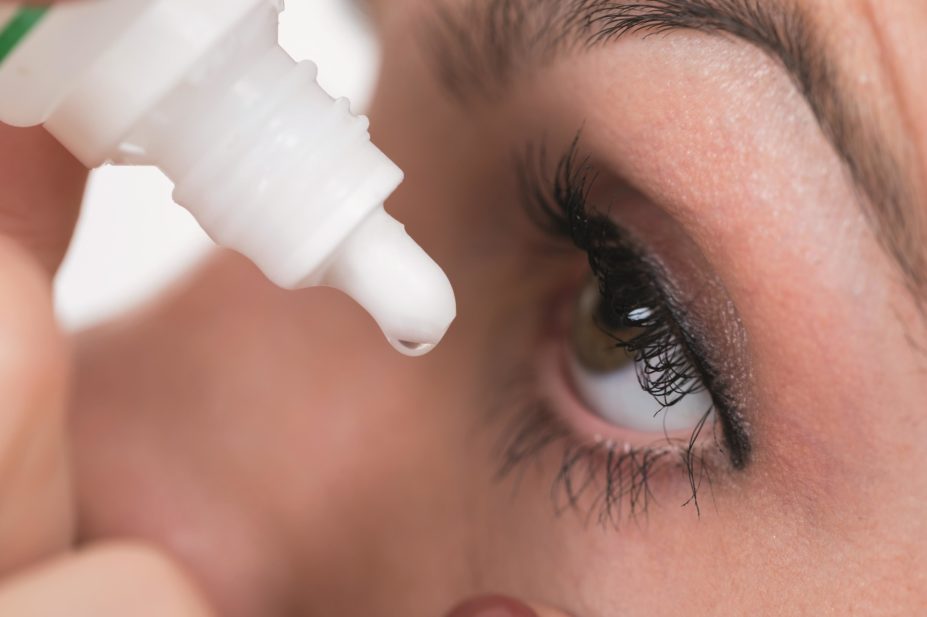
Shutterstock.com
On account of the risk of acute bronchoconstriction, beta blockers are not recommended for patients with asthma. However, little is known about the respiratory effects of beta-blocker eye drops or how often they are prescribed in asthma.
To explore this, researchers from the University of Dundee looked at UK data from 2000–2011 on 4,865 people with active asthma and ocular hypertension.
They found that the rate of moderate asthma exacerbations increased 4.8-fold in the 30 days after patients received a new prescription for non-selective beta-blocker eye drops. However, during the study period, prescribing fell from 23.0% to 13.4%.
Reporting in the British Journal of Clinical Pharmacology (online, 17 June 2016)[1]
, the researchers say it is concerning that patients with asthma are still being prescribed non-selective beta-blocker eye drops when potentially safer selective agents such as betaxolol are available.
References
[1] Morales DR, Dreischulte T, Lipworth BJ et al. Respiratory effect of beta-blocker eye drops in asthma: population-based study and metaanalysis of clinical trials. British Journal of Clinical Pharmacology 2016. doi: 10.1111/bcp.13006


